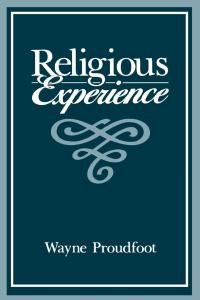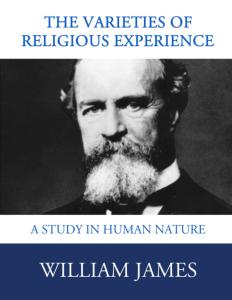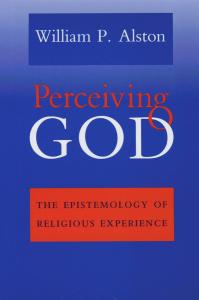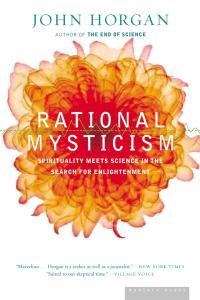The Transcendent Exploration:
A Critical Review of Rudolf Otto's The Idea of the Holy
The Idea of the Holy by Rudolf Otto, published in 1917, is a book that has withstood the test of time and continues to be a thought-provoking read for anyone interested in the study of religion and spirituality.
Rudolf Otto, a German theologian, philosopher, and historian of religion, is known for his influential contributions to the field of religious studies. The Idea of the Holy is considered his most famous work, and for good reason. In this book, Otto delves into the concept of the holy and its role in shaping human experience and understanding of the divine.
One of the most striking aspects of this book is Otto's use of the term "numinous" to describe the experience of the holy. He defines the numinous as a "non-rational, non-sensory experience or feeling whose primary and immediate object is outside the self." This numinous experience is characterized by a sense of awe, mystery, and fear in the presence of the divine. Otto argues that this experience is universal and can be found in all religions, regardless of their specific beliefs and practices.
What sets this book apart is Otto's approach to the concept of the holy. Instead of relying solely on philosophical or theological arguments, he incorporates elements of psychology and anthropology to provide a more holistic understanding. He explores the psychological and emotional aspects of the numinous experience, as well as its cultural and societal influences.
One of the most thought-provoking chapters in the book is "The Numinous in the Old Testament." Here, Otto delves into the Hebrew Bible and examines various encounters with the divine, such as Moses and the burning bush and Isaiah's vision in the temple. He argues that these experiences were characterized by a sense of awe and fear, which is essential to the numinous experience.
Another intriguing aspect of this book is Otto's exploration of the relationship between the holy and the human. He argues that the numinous experience is not just a one-sided encounter with the divine. Still, it also impacts the individual and their understanding of themselves and the world around them. This idea of the holy as a transformative force is often overlooked in discussions of religion and spirituality.
In conclusion, The Idea of the Holy by Rudolf Otto is for anyone interested in the study of religion and spirituality. It offers a unique and insightful perspective on the concept of the holy and its significance in human experience. Otto's use of interdisciplinary approaches and thoughtful analysis make this book a timeless classic that continues to be relevant even today. I highly recommend it to anyone looking to expand their understanding of the divine and its role in shaping our lives.






